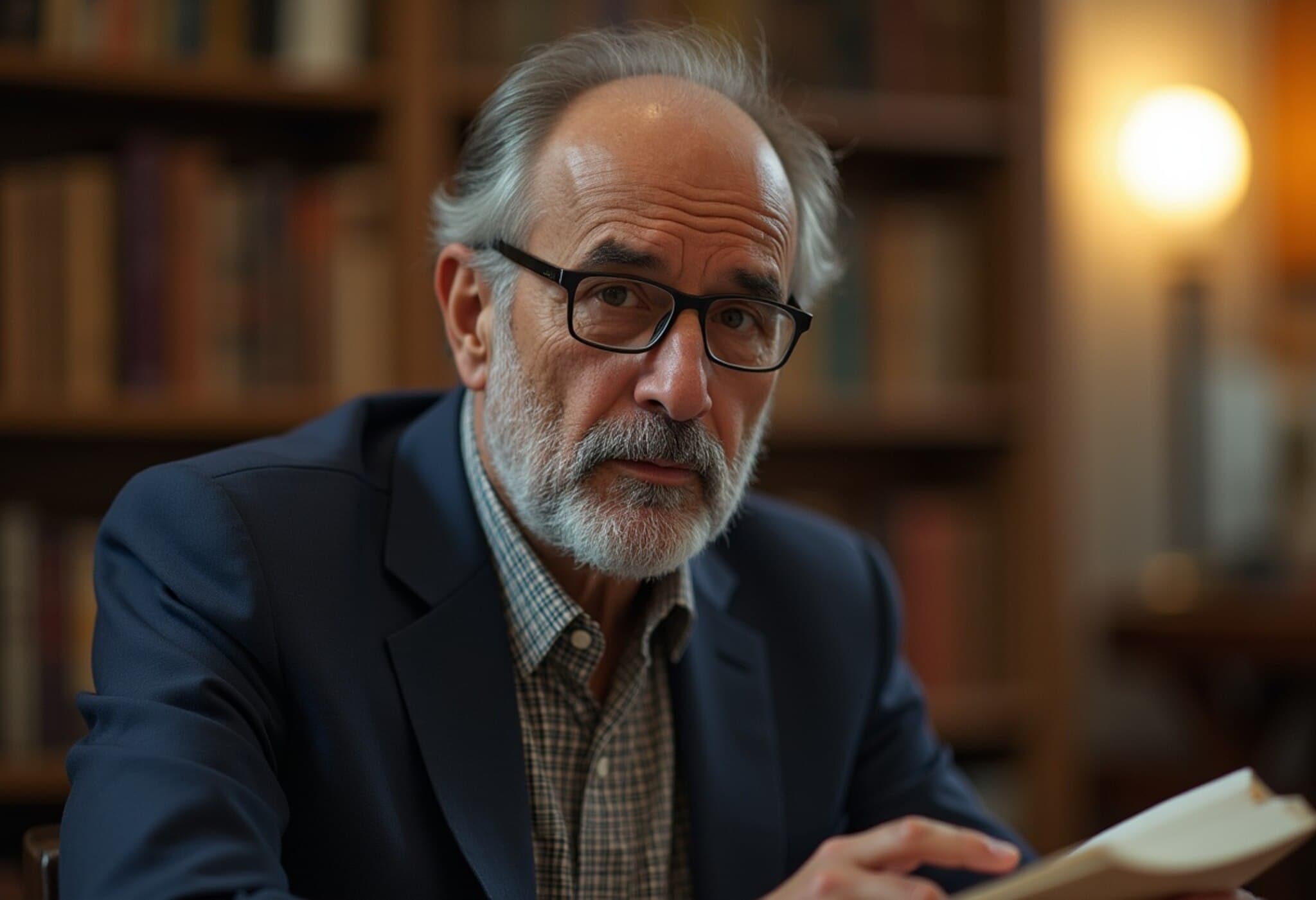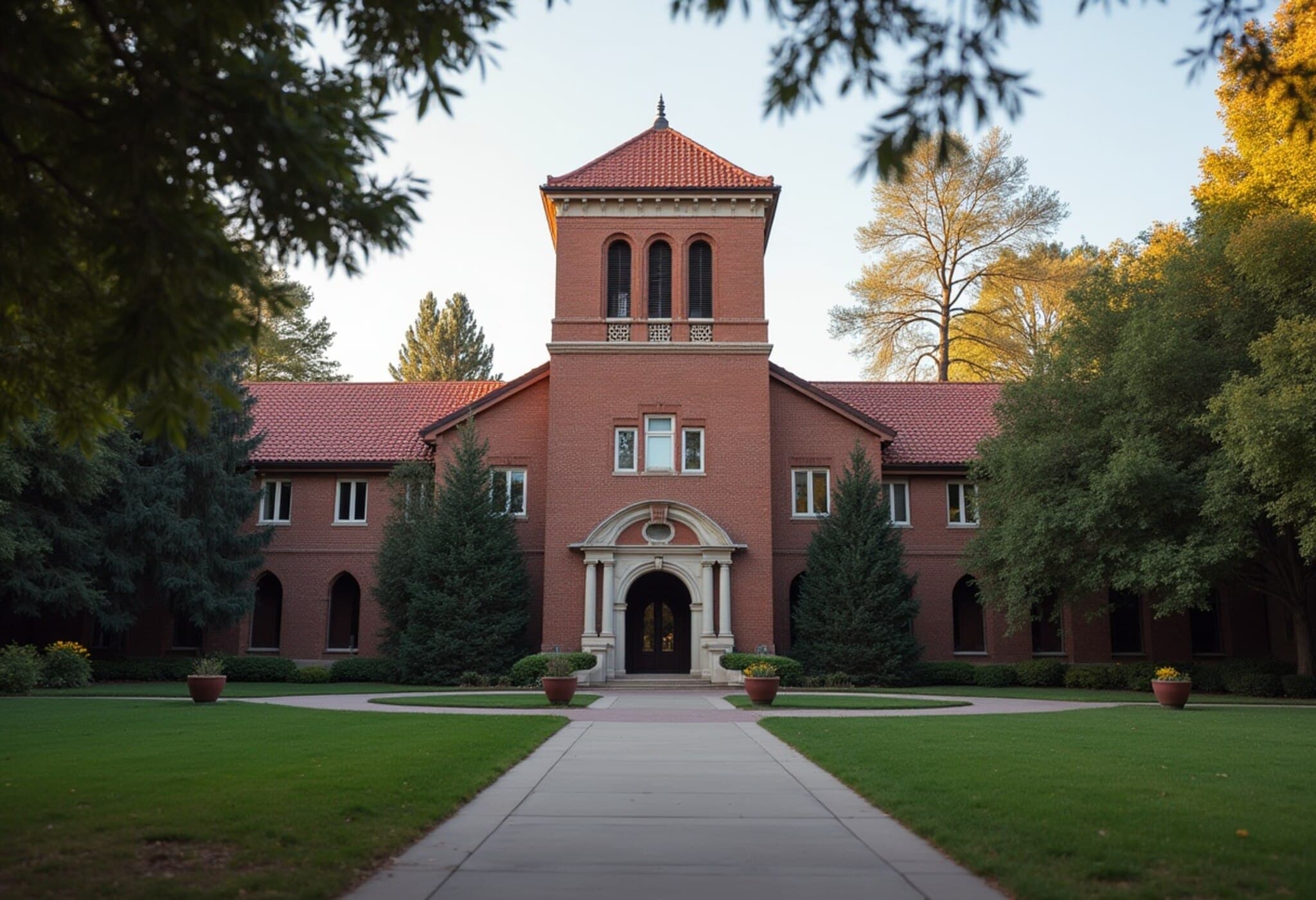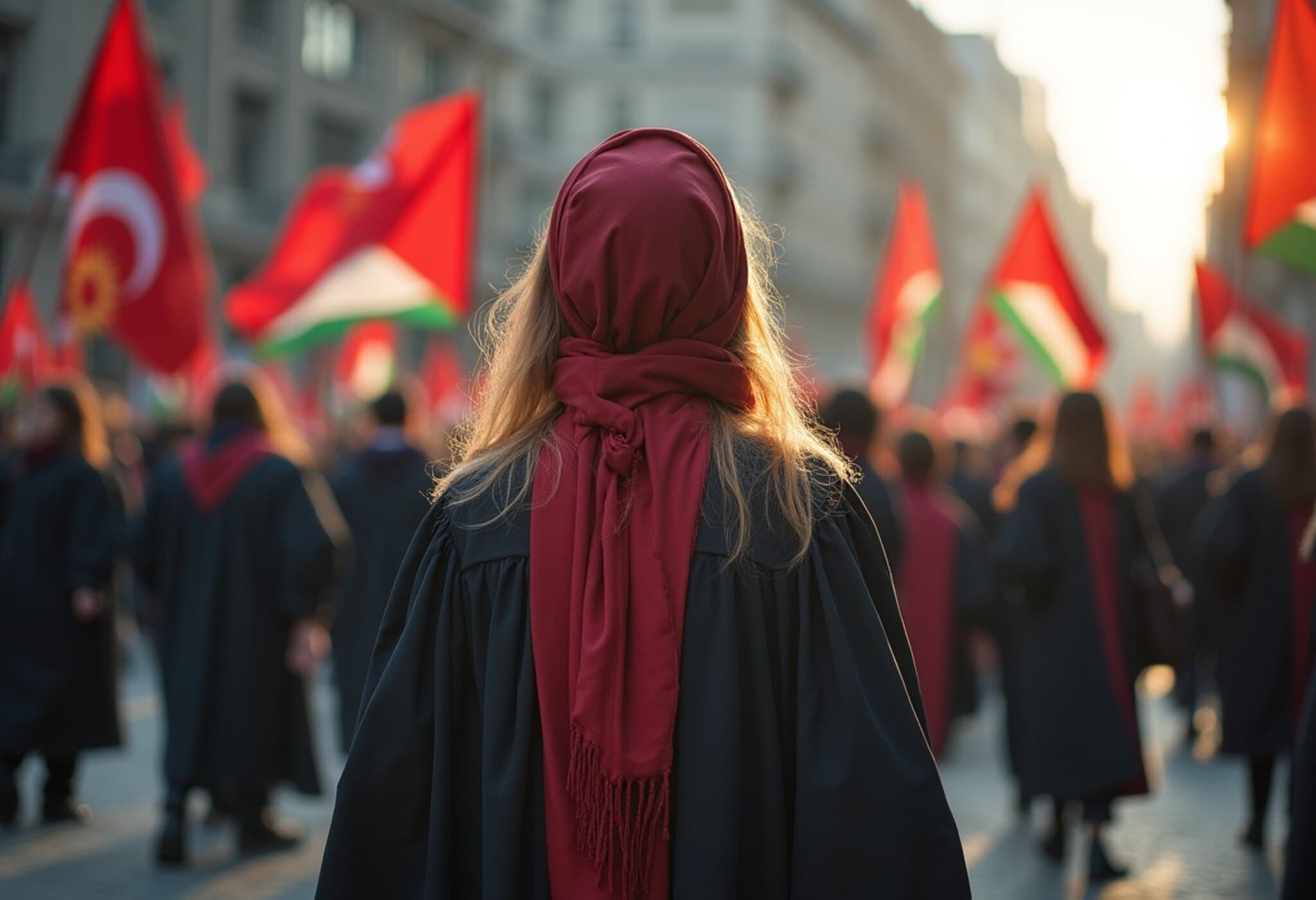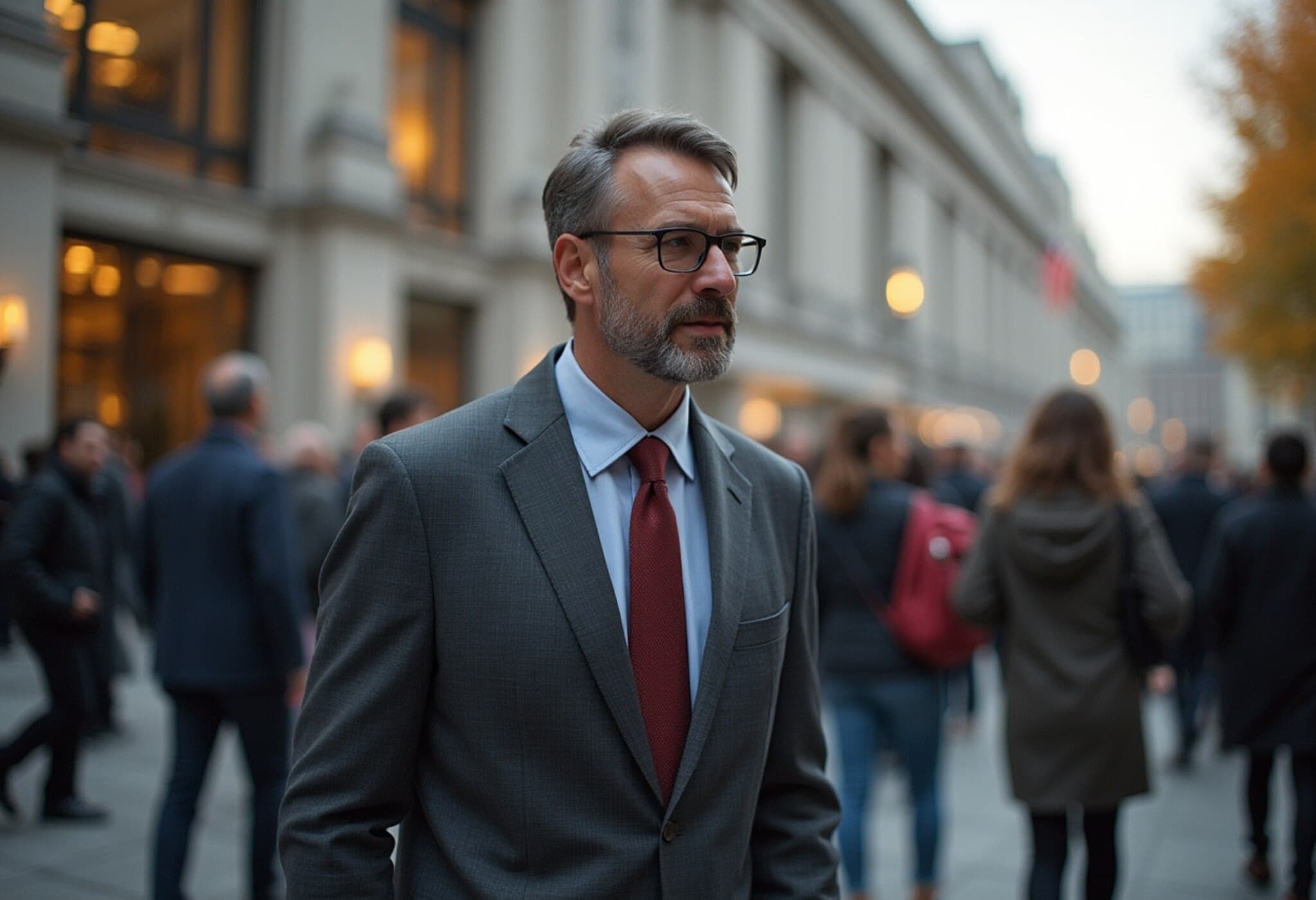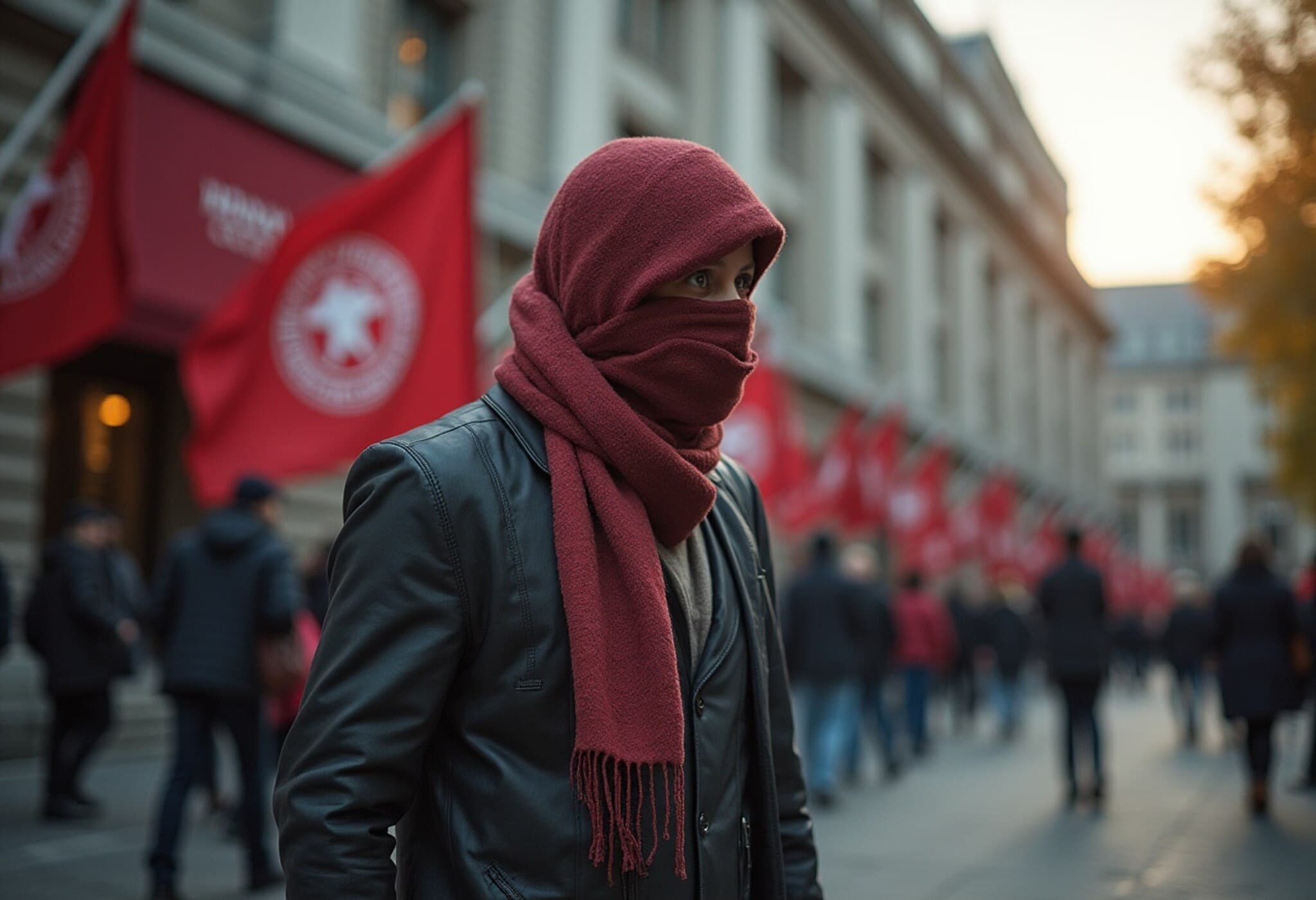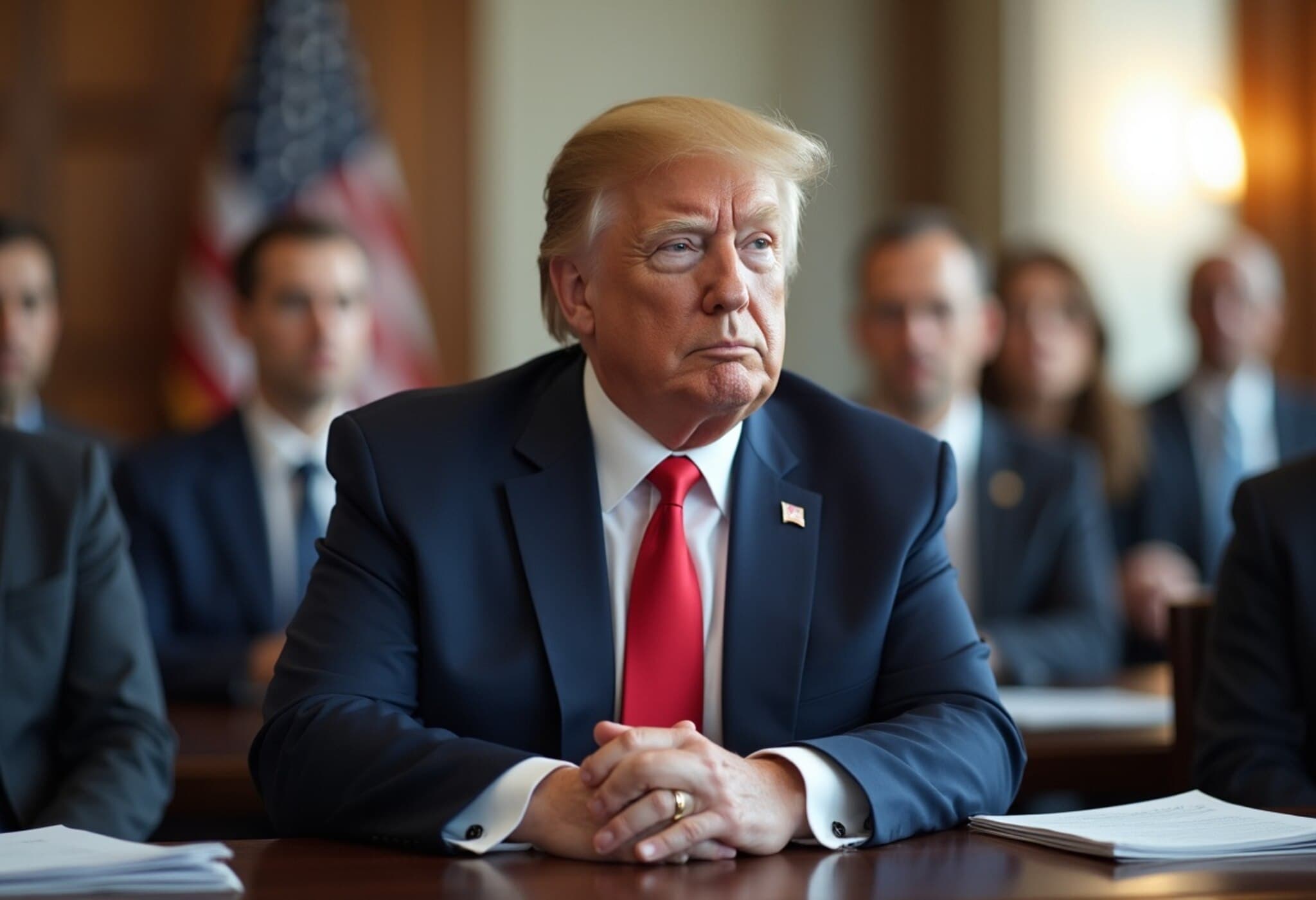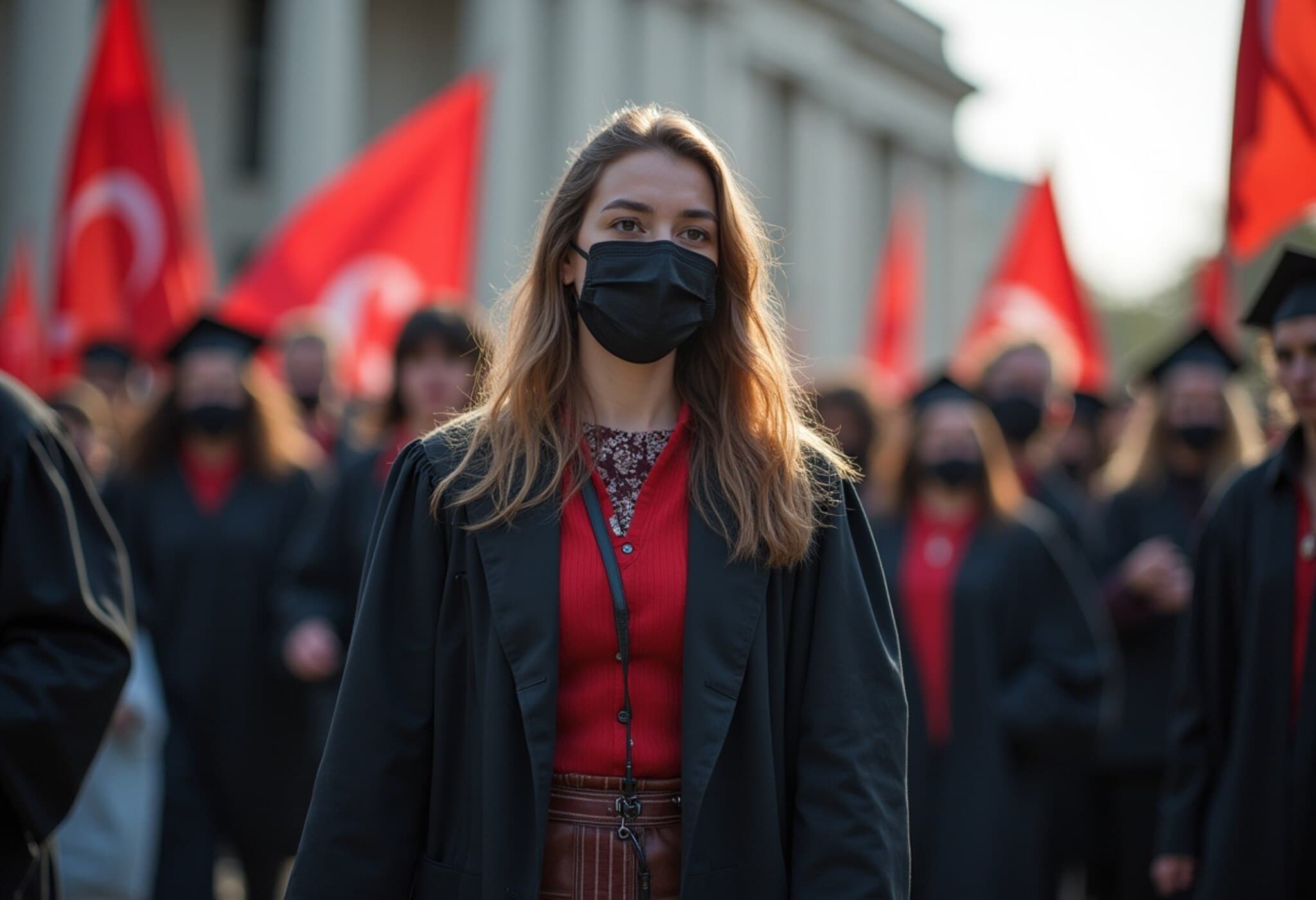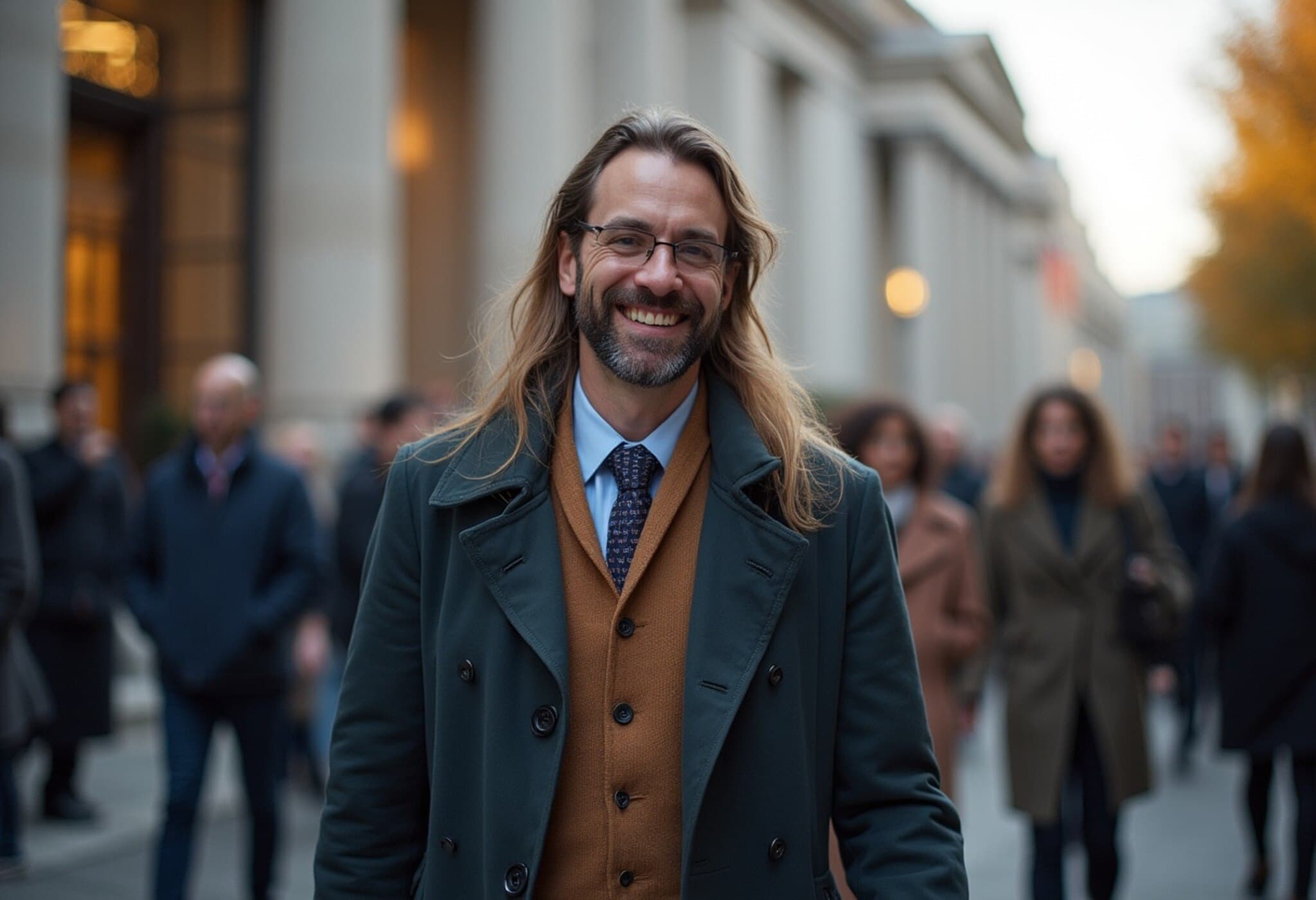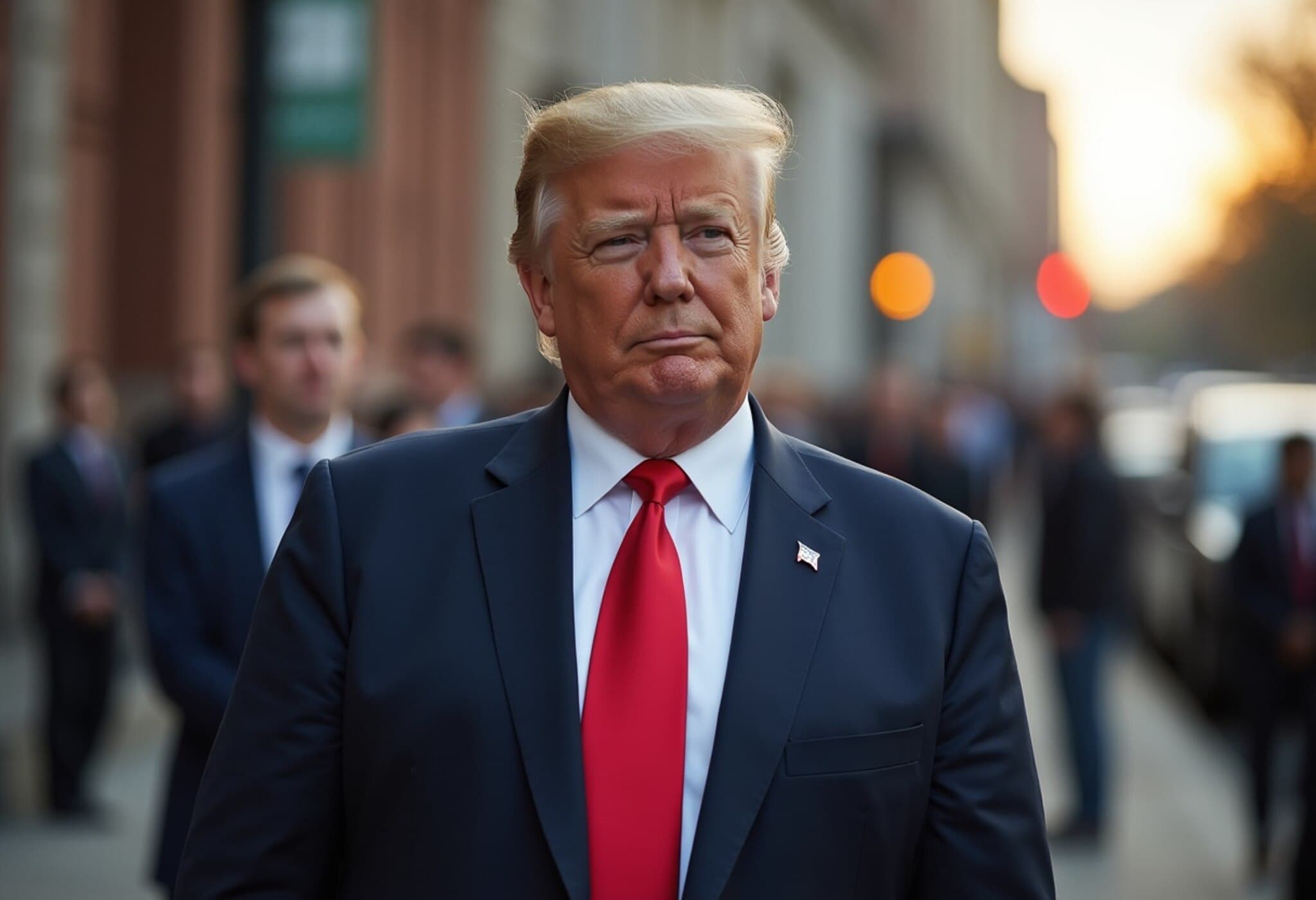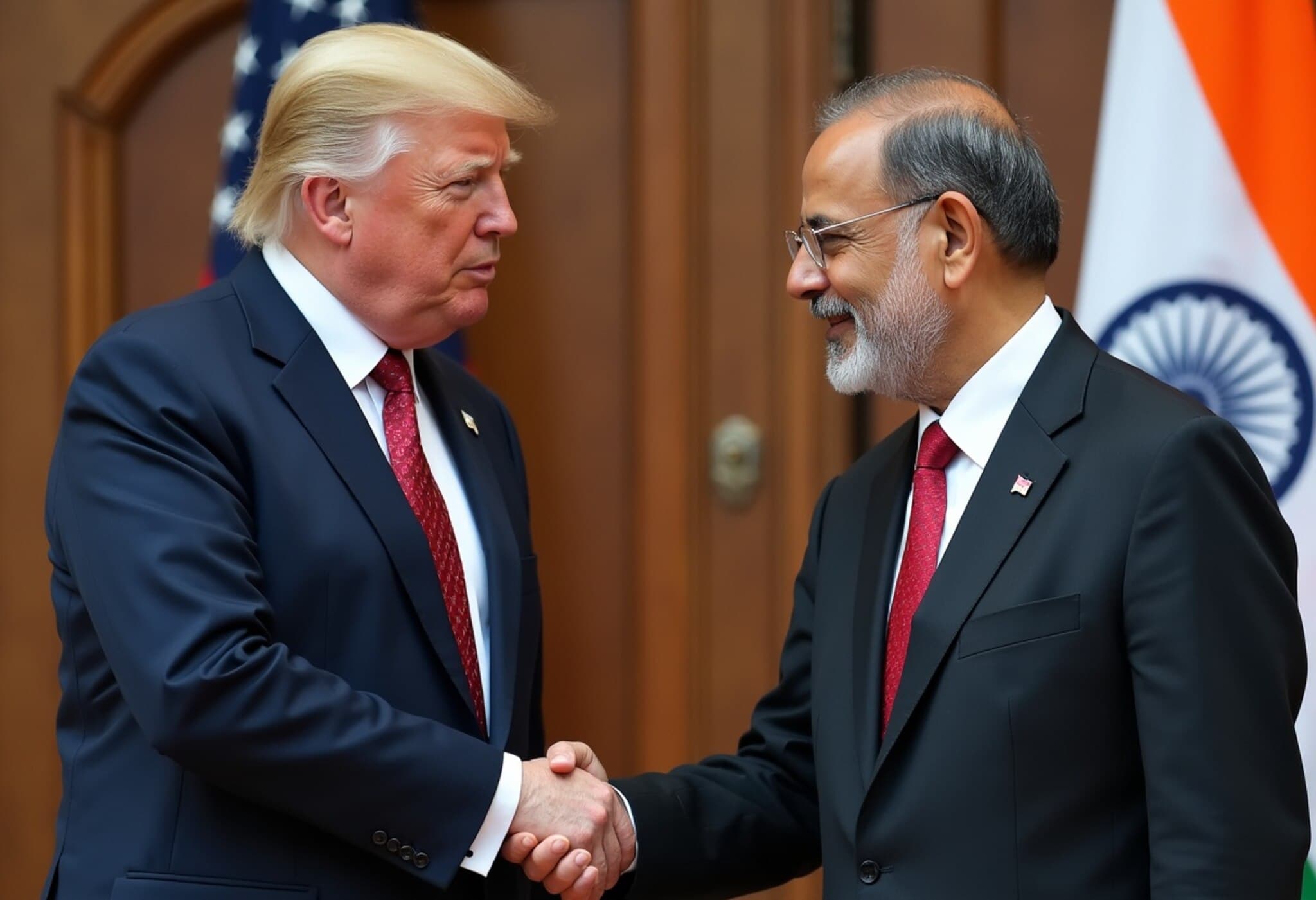Historian Rashid Khalidi Pulls Course Amid Controversy Over Columbia University's Israel Policy Agreement
In a significant move underscoring the rising tensions surrounding academic freedom and political pressures, Rashid Khalidi, a distinguished historian and Edward Said professor emeritus of Modern Arab Studies at Columbia University, has canceled a planned course this fall. His decision, announced via an open letter published by The Guardian, critiques the university’s controversial settlement with the Trump administration, which Khalidi argues undermines free scholarly discourse on Israel and the Middle East.
Background: The $200 Million Deal Stirring Debate
At the heart of the issue is a $200 million agreement reached in June between Columbia University and the United States government amid accusations that the institution failed to sufficiently address allegations of antisemitism during demonstrations related to the Gaza conflict. As part of this broader settlement, Columbia also agreed to pay $21 million to the Equal Employment Opportunity Commission (EEOC) following claims of civil rights violations affecting Jewish employees.
The administration’s pressure also compelled Columbia to take substantial steps including expanding its Institute for Israel and Jewish Studies, reviewing its Middle East curriculum, and significantly scaling back some of its diversity initiatives. The agreement is subject to oversight by an independent monitor appointed to ensure compliance.
Khalidi’s Concerns: Academic Freedom at Stake
Khalidi openly criticized Columbia’s acceptance of a definition of antisemitism that he believes dangerously equates Jewish identity with the Israeli state. In his words, this conflation means that any critical discourse about Israeli policies risks being labeled as antisemitic, effectively stifling honest and nuanced discussions about the creation of Israel and allegations of Palestinian suffering, including the recent violence in Gaza.
He warned, “This definition makes it impossible to teach honestly about the creation of Israel or the genocide in Gaza perpetrated by Israel,” emphasizing the chilling effect this has on faculty and students alike.
Furthermore, the requirement that syllabi and scholarly work related to Israel must undergo external review imposes what Khalidi calls a “fearsome apparatus” limiting educators’ ability to engage freely and openly. This, according to Khalidi, transforms Columbia from a vibrant center of free inquiry into a constrained environment where controversial yet necessary debates are curtailed.
Broader Implications: The Future of Campus Discourse
This episode at Columbia University reflects a broader national and international challenge: universities balancing the need to create inclusive, discrimination-free environments while preserving robust academic freedom, particularly on politically charged topics like the Israeli-Palestinian conflict.
- Legal and Policy Perspective: The involvement of the Equal Employment Opportunity Commission signals that issues of workplace equity and civil rights are inseparable from academic policy decisions.
- Free Speech Concerns: Oversight by external monitors feeding into curriculum content raises questions about institutional autonomy and professor independence.
- Political Climate: The agreement emerged under the Trump administration, demonstrating how federal policies and political pressures can ripple into academic institutions.
For American universities, which often serve as battlegrounds for ideological debates, this controversy spotlights the delicate tightrope they must walk between protecting students from discrimination and preserving educators’ rights to challenge dominant narratives.
Expert Commentary
Dr. Emma Rosen, a scholar specializing in Middle Eastern studies and academic freedom, noted, “Khalidi’s withdrawal highlights the toxic environment generated when political definitions of antisemitism start to blur lines between legitimate criticism of state policies and ethnic or religious discrimination. Universities must champion rigorous, open inquiry while ensuring safe spaces for diverse perspectives.”
She also underscored the risk of self-censorship that faculty might feel when external monitors can influence what is taught, potentially depriving students of comprehensive education on complex global issues.
Conclusion: Columbia at a Crossroads
The situation at Columbia University raises fundamental questions about the role of higher education institutions in politically fraught conversations. Rashid Khalidi’s public withdrawal from teaching under these conditions serves as a cautionary illustration of how government settlements can inadvertently curtail academic exploration.
As universities navigate government scrutiny, civil rights obligations, and politically sensitive topics, the path toward balancing openness with inclusivity will remain contentious. Stakeholders must carefully consider how to maintain the sanctity of intellectual freedom without compromising the dignity and rights of all campus communities.
Rashid Khalidi’s principled stand invites us to reflect on the complex interaction between political pressures and academic freedom. Are universities prepared to defend unvarnished scholarship on controversial topics, or will external forces continue to shape curricula? This debate not only affects educators and students but also defines the future of free speech and critical thinking in American higher education.

